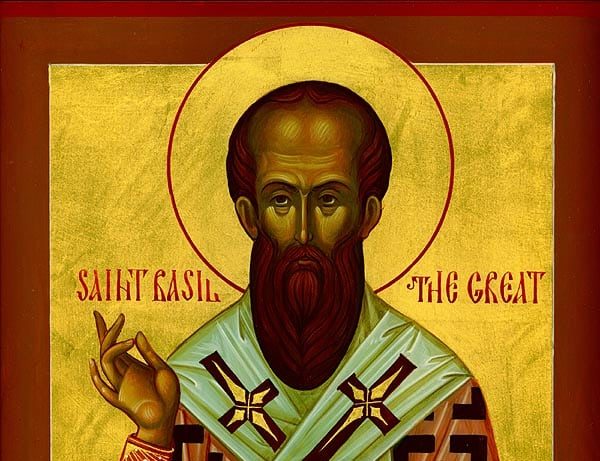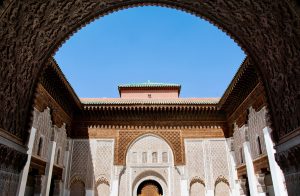Saint Isaac of Syria 7th C. Asceticism
Saint Isaac of Syria was a 7th-century Syrian Bishop best known for his works on Christian Asceticism. Hw was born in the region of Beth Qatraye in Eastern Arabia, around 613, and he died around 700 in that same region, perhaps in Qatar. For his extensive writings, Saint Isaac of Syria has long been regarded as a saint in the Eastern Orthodox Church. For the Catholic Church, Pope Francis announced on 9 November 9 2024 that Saint Isaac of Syria is being added to the Roman Martyrology, the official list of saints venerated by the Catholic Church. Saint Isaac of Syria is noteworthy; have you ever heard of him?
Saint Isaac of Syria Biography
Saint Isaac of Syria lived and died on the Arabian Peninsula. He was born around 613 and died around 700 in a monastery in Iran. The administrative duties of a Bishop did not suit his ascetic bent: he requested to abdicate his bishopric after only five months, and went south to the wilderness of Mount Matout, a refuge for anchorites.
Saint Isaac of Syria, in the wilderness of Mount Matout, in solitude for many years, eating sparingly, a detail that never failed to astonish his hagiographers. Eventually, blindness and old age forced him to retire to the monastery of Rabban Shabur (located near Shushtar in present-day Khuzestan, Iran), where he died and was buried. At the time of his death, he was nearly blind, a fact that some attribute to his devotion to study.
Saint Isaac of Syria Legacy
Saint Isaac of Syria is remembered for his spiritual homilies on the inner life. They survive in Greek, Arabic, and Georgian translations. From Greek, they were translated into Slavonic. He stands in the tradition of the eastern mystical saints, and he places a lot of emphasis on the work of the Holy Spirit.
Saint Isaac of Syria had a melancholic style, and his affinity towards the sick and dying exerted considerable influence. His writings were continuously studied by monastery circles outside his church during the 8th and 9th centuries. This gave him life. Moreover, Saint Isaac of Syria believed that the notion of God punishing men in Gehenna (the lake of fire, or hell) is not compatible with his all-encompassing love.
That central concept was, needless to say, well accepted. Saint Isaac of Syria’s writings, strongly influenced by those of Evagrius Ponticus and other earlier Christian writers, offer a rare example of a large corpus of ascetical texts written by an experienced hermit and are thus an important source when it comes to understanding early Christian asceticism. Therefore, what he wrote is essential.
Isaac of Syria’s main influences include Evagrius Ponticus, Pseudo-Dionysius, John the Solitary, Ephrem the Syrian, Narsai, and Theodore of Mopsuestia. He has influenced later Syriac writers such as John of Dalyatha and Joseph Hazzaya. He composed dozens of homilies that he collected into seven volumes on many topics, including spiritual life, divine mysteries, judgments, providence, and more.
The seven volumes survived in five Parts, titled from the First Part to the Fifth Part. Except for the First Part, which had been long known, the other Parts were rediscovered only in 1983 and later. Today, only the first three parts are considered genuine, written by Saint Isaac of Syria. Fifteen translations of his work exist. Here is a list of topics: The Ascetical Homilies of Isaac the Syrian, Anthony the Great, Apocatastasis, Arab Christians, Asceticism, Christian Universalism. Church Fathers, Church of the East, Dadisho Qatraya, East Syriac Rite, Ephrem the Syrian, John of the Ladder, Monastic silence, Philokalia, and Syriac Christianity.
Conclusion
This is yet another example of a saint who lived long ago and is remembered because of what he wrote. In the case of Saint Isaac of Syria, some of what he wrote was used to teach students in seminaries in the eighth and ninth centuries. Indeed, what he wrote is the definitive explanation of Christian Asceticism and is therefore useful. Also useful is using what he wrote as a historical assessment of the seventh century.







